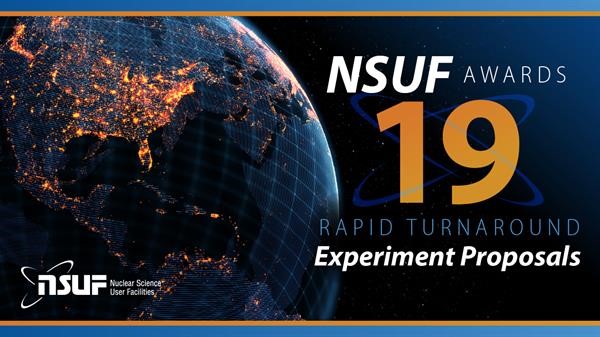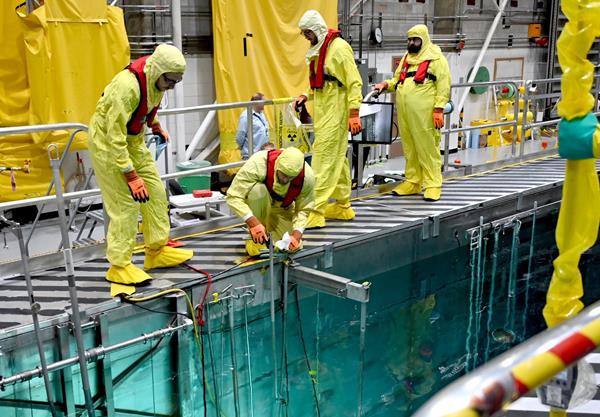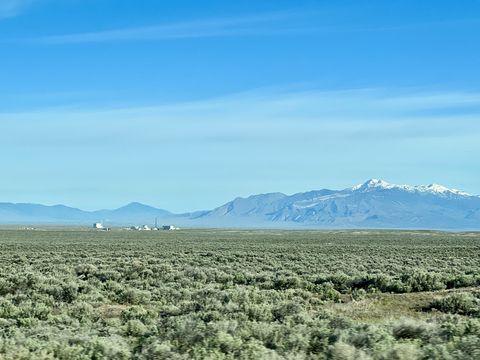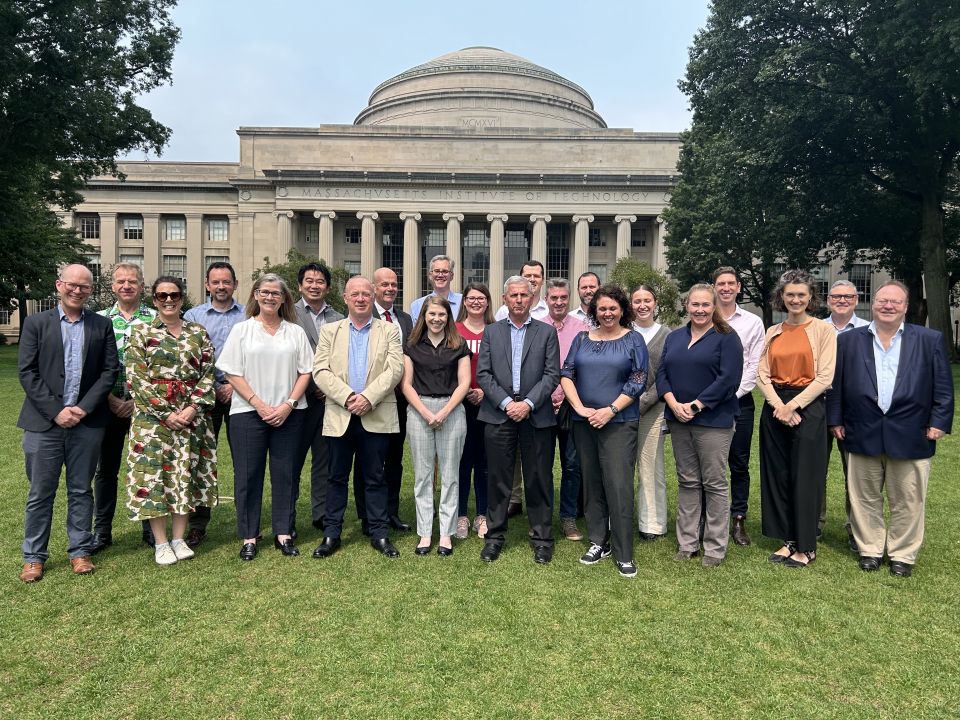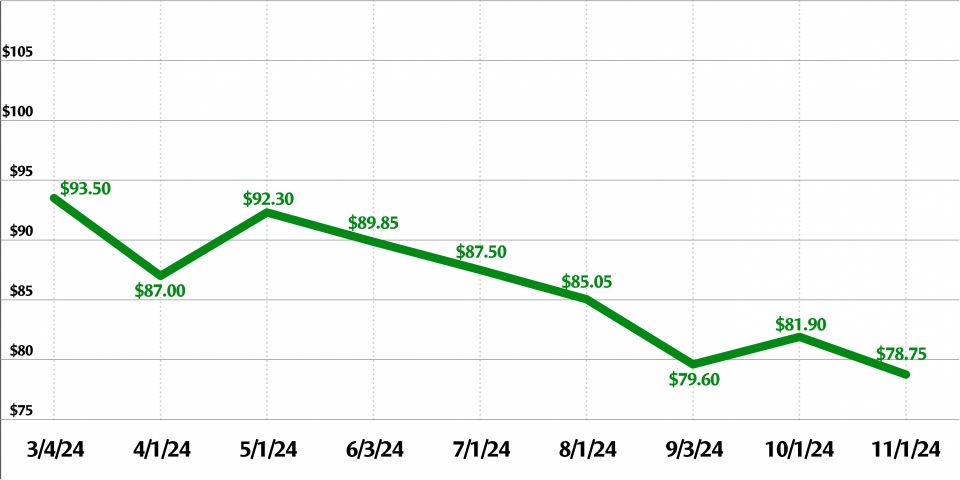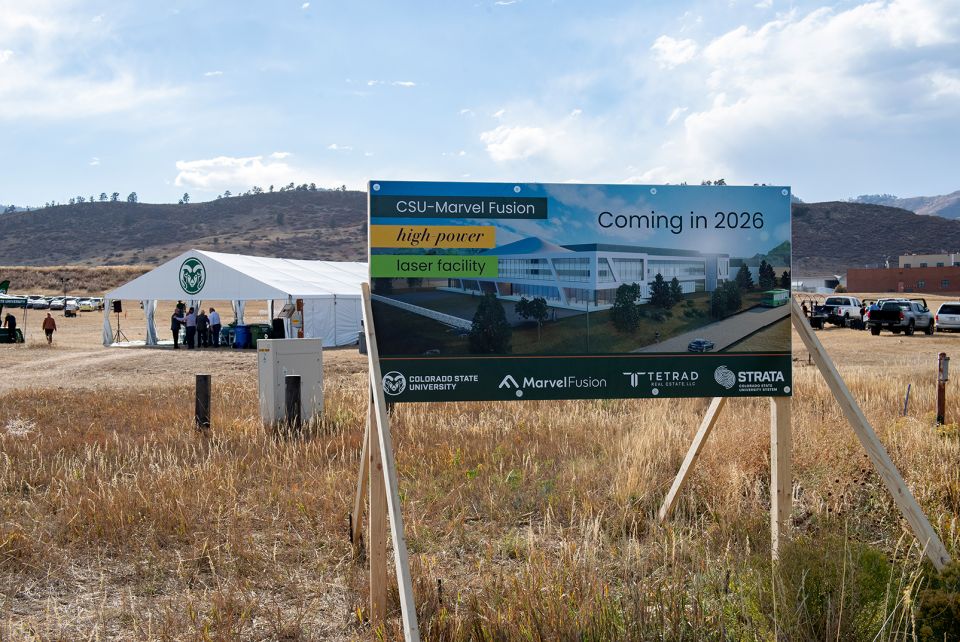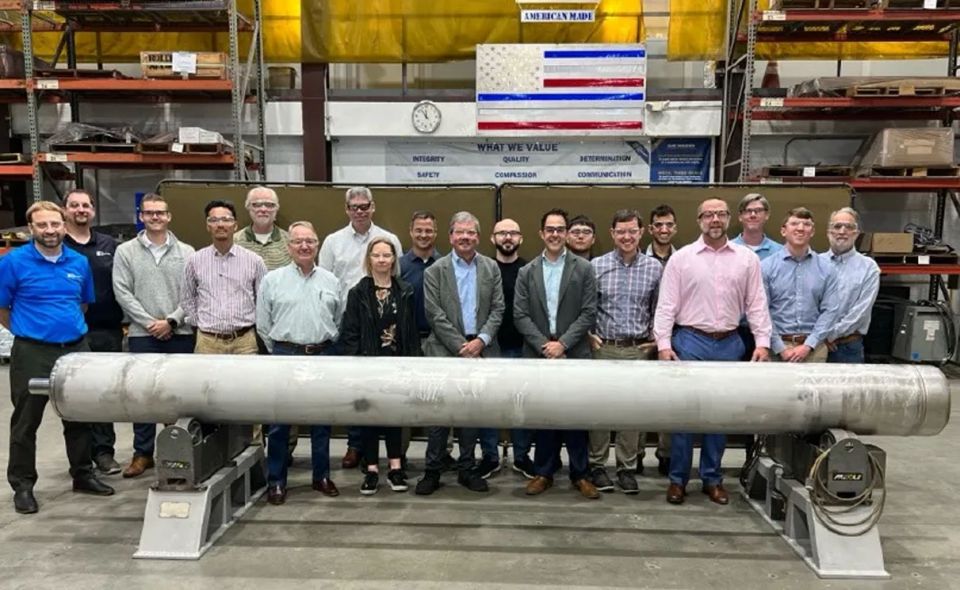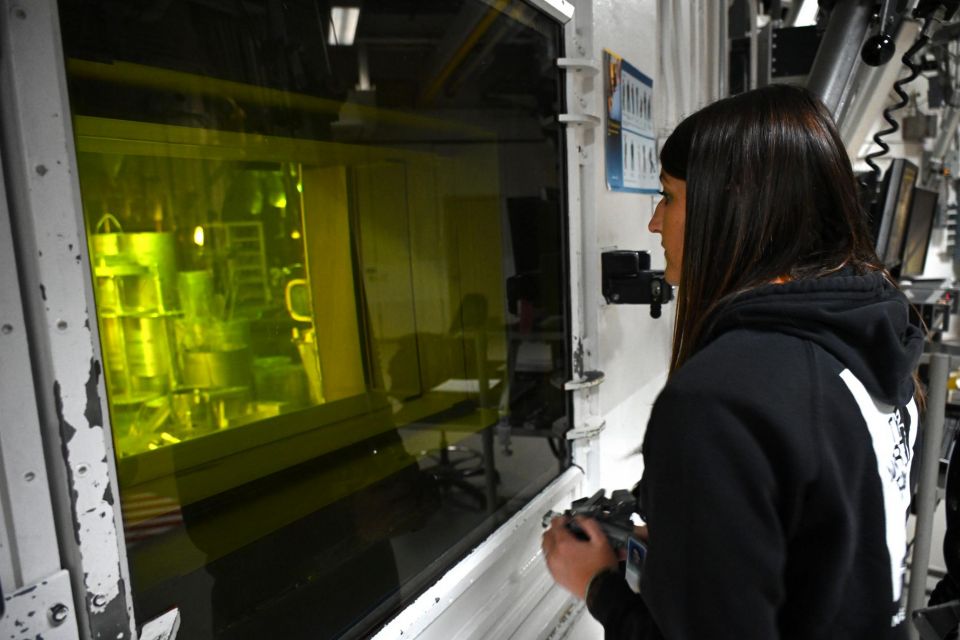A material objective: RTE projects are all directed at understanding material behavior under irradiation to develop more resilient materials for nuclear applications. Research topics covered in this call include irradiation effects on high-entropy carbide ceramics, multiprincipal element alloys, zirconium alloys, reactor pressure vessel steels, steel cladding, ceramic-based waste forms, and structural characterization of irradiated metallic fuels.
NSUF recipients do not receive direct financial awards. Instead, recipients get access to capabilities such as experimental irradiation testing, postirradiation examination, and Idaho National Laboratory high-performance computing. They also receive technical assistance to design and complete their projects.
Recipients: Research proposals were competitively selected and evaluated on a variety of factors, including technical approach, mission relevance, and scientific-technical merit. The recent round of awards went to researchers from the Australian Nuclear Science and Technology Organization, North Carolina State University (five awards), the Nuclear Regulatory Commission, Pennsylvania State University, Rensselaer Polytechnic Institute, Texas A&M University (three awards), University of Florida (three awards), University of Illinois–Urbana-Champaign, University of Michigan–Ann Arbor, University of Wisconsin–Madison, and Westinghouse Electric Company.
More on NSUF RTEs: The next call for RTE projects opens next week on October 1 and will close on October 31 at 4:00 p.m. (MDT). Visit the NSUF page on INL’s website to view current and past awards or to learn more about NSUF awards and resources.
While the DOE has offered RTE awards for more than a decade, it recently awarded its first batch of Super RTE awards, a designation that allows researchers more time to perform tests, encourages larger scopes of work, and provides awardees with greater access to NSUF facilities and resources.
